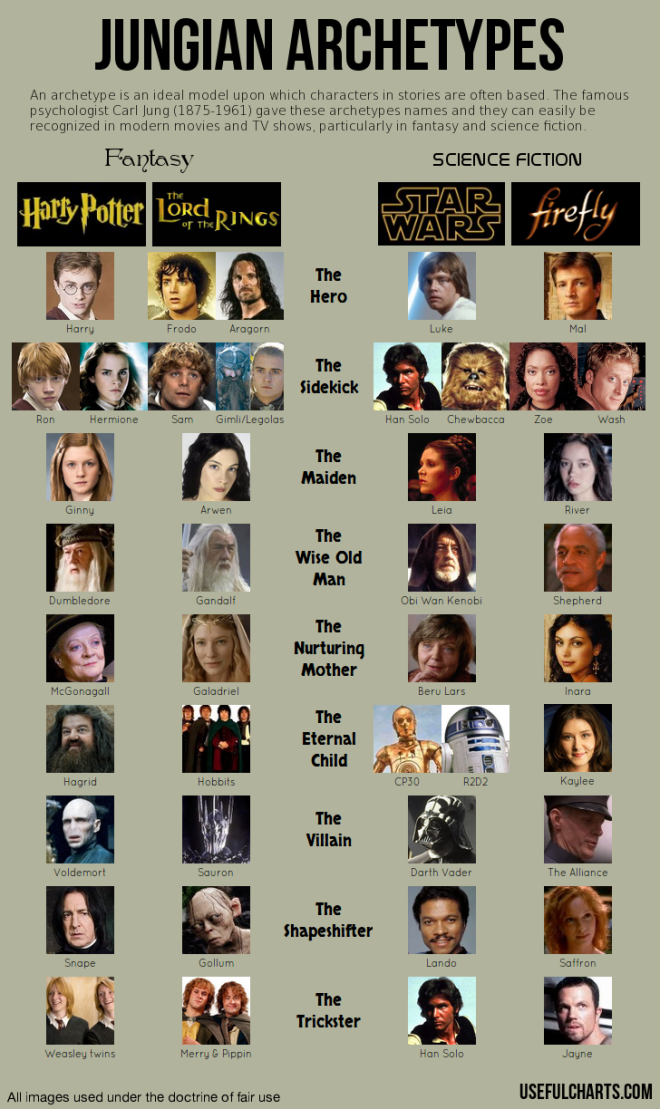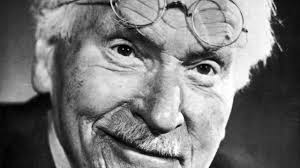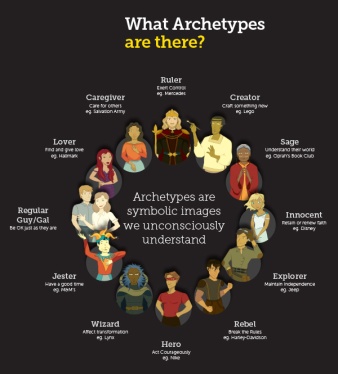Archetypal Literature: The Story as a Reflection of the Self

In this unit, you will analyze a variety archetypal literature and examine how the archetypes are personifications of the human condition. Myths, fairy tales, folk tales, and epics almost always use archetypal (mythopoeic) characters and events to reveal the cultural values of a community. A myth is a metaphor for truth and provides examples of our authentic selves, and the characters within these myths – from the hero to the devil – represent aspects of the human condition.
 Carl Jung, a 19th century psychoanalyst, coined the term “archetypes,” as he recognized that every culture in every time in humanity possessed the same body of symbols. The root words are archein, which means “original or old,” and typos, which means pattern. The literary archetype, then, is the “prototype, original pattern, model, recurrent type” – the original after which all future models replicate. The term “archetype” has its origins in ancient Greek.
Carl Jung, a 19th century psychoanalyst, coined the term “archetypes,” as he recognized that every culture in every time in humanity possessed the same body of symbols. The root words are archein, which means “original or old,” and typos, which means pattern. The literary archetype, then, is the “prototype, original pattern, model, recurrent type” – the original after which all future models replicate. The term “archetype” has its origins in ancient Greek.
Qualities:
Primordial characteristics: essential, instinctive, fundamental, basic preconscious
Universal characteristics: ones unaffected by time or situation, community or culture
Recurrent Themes:
a. creation (Hebrew, Greek, Polynesian, Indian, Norse, Gaelic, etc.)
b. world destruction (flood, famine, plague, earthquake, apocalypse
c. immortality
- excape from time
- reward for good, punishment for bad
- nature’s eternal cycle (endless death and rebirth)
- loss of self to cyclical time
d. hero (questing leader, savior, or deliverer)
e. incest stories (Oedipus legends)
f. enslaving of monsters
g. sibling rivalries
h. male-female conflict; quest for unity; uroborus
Archetypal Woman
a. earth mother (birth, warmth, protection)
b. temptress (danger, fear, death) – witch or siren
c. soul-mate (inspiration, fulfillment) – princess, beauty, damsel-in-distress, lover, mistress
d.platonic ideal (spiritual or intellectual ideal such as Dante’s Beatrice)
e. maiden, mother, crone (innocence, birth, death, or wisdom – the life, death, life cycle)
 Other Archetypal Characters
Other Archetypal Characters
a. the outcast – one who must wander
b. the devil – personification of evil
c. the scapegoat – one whose death in a public ritual expiates community sins
d. star-crossed lovers
e. the isolated, alienated intellectual, artist, or prophet
f. the shapechanger (example – Native American buffalo brothers stories)
g. the shaman, medicine man, holy man, or magician
h. divinity or nobility in disguise
i. the fool
j. the gatekeeper
Archetypal Situations
a. the initiation
b. the task
c. the quest
d. the fall
e. death and rebirth